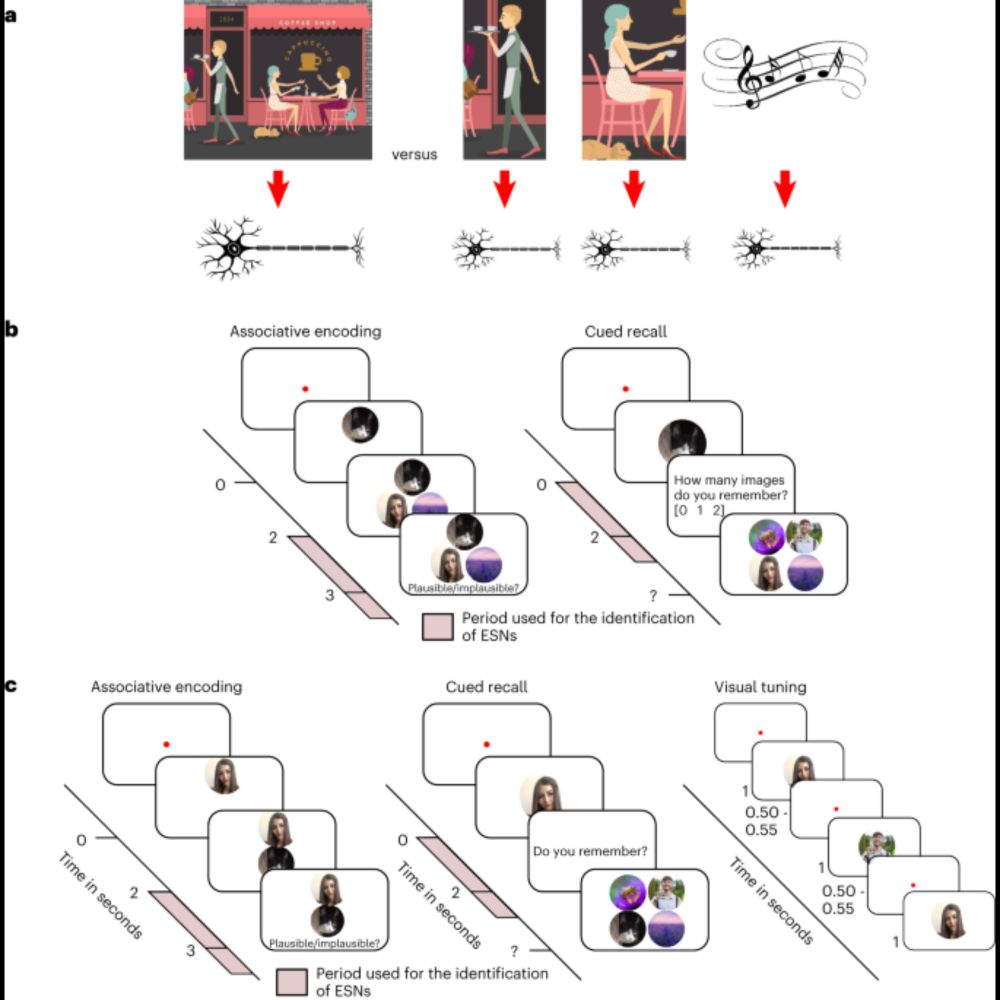
Explorer of memories old and new.
fMRI / tDCS / Virtual Reality / Behavior
rissmanlab.psych.ucla.edu
Want to join? Nominations for membership (including self-nominations) are open until April 9! Form at the top👇🏼

Want to join? Nominations for membership (including self-nominations) are open until April 9! Form at the top👇🏼
Are face perception and face memory fundamentally independent processes, or are they overlapping and impossible to disentangle? 🧵 www.biorxiv.org/content/10.1...

Are face perception and face memory fundamentally independent processes, or are they overlapping and impossible to disentangle? 🧵 www.biorxiv.org/content/10.1...
The scope is broad, but includes methodologists working with brain data (fMRI, EEG, cellular neurophysiology/imaging).
recruit.apo.ucla.edu/JPF09885

The scope is broad, but includes methodologists working with brain data (fMRI, EEG, cellular neurophysiology/imaging).
recruit.apo.ucla.edu/JPF09885
We reconstruct seen images from fMRI activity using only 1 hour of training data.
This is possible by first pretraining a shared-subject model using other people's data, and then fine-tuning on a held-out subject with only 1 hr of data.
arxiv.org/abs/2403.11207

We reconstruct seen images from fMRI activity using only 1 hour of training data.
This is possible by first pretraining a shared-subject model using other people's data, and then fine-tuning on a held-out subject with only 1 hr of data.
arxiv.org/abs/2403.11207
www.nature.com/articles/s41...

www.nature.com/articles/s41...
Episodic learning pulls associated words together in semantic space. A cue word's semantic representation moves closer to the target word.
Clever use of behavior to understand memory representations! By Walsh & @rissman.bsky.social

Episodic learning pulls associated words together in semantic space. A cue word's semantic representation moves closer to the target word.
Clever use of behavior to understand memory representations! By Walsh & @rissman.bsky.social
The neurons don't code for a particular element in the episode (e.g., concept or time). They code for the conjunction of the different elements.
#neuroscience #psychology #PsychSciSky #NeuroSkyence
www.nature.com/articles/s41...

The neurons don't code for a particular element in the episode (e.g., concept or time). They code for the conjunction of the different elements.
#neuroscience #psychology #PsychSciSky #NeuroSkyence
www.nature.com/articles/s41...



